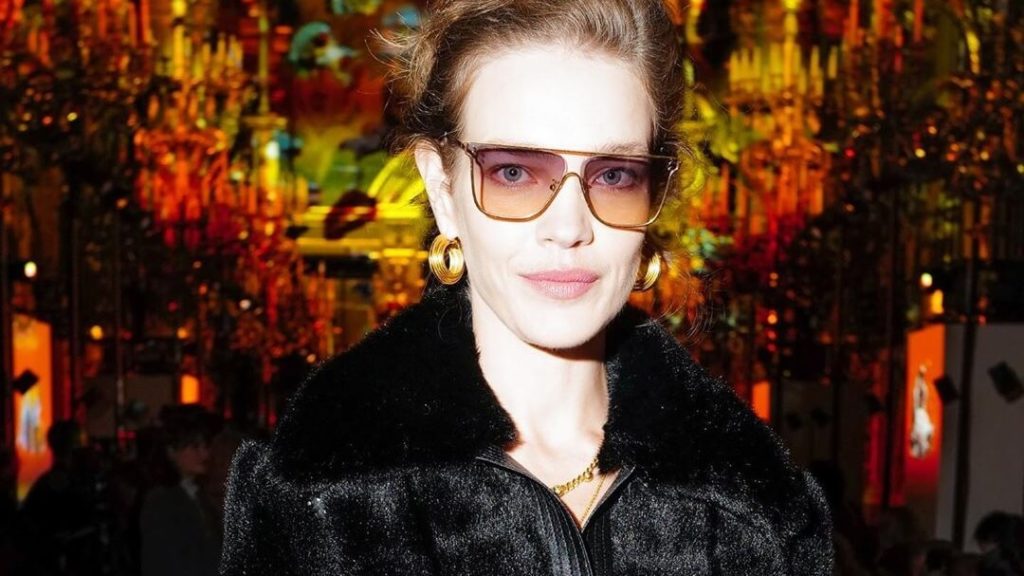Stella McCartney is launching a sustainable faux fur coat made from a new material called Koba.
At the designer’s Spring 2020 fashion show in Paris, model Natalia Vodianova wore a plush black coat made from Koba fur, Vogue Business reports. Koba features 37 percent plant-based materials, including polyester blended with a corn byproduct. True to McCartney’s sustainable ethos, it can be recycled at the end of the fur’s life cycle.
“I think that fashion is about the future, and you shouldn’t have to sacrifice your style for sustainability,” McCartney said backstage at the show. “I wanted to try to develop a faux fur that was just more sustainable.”

What Is Faux Fur Made From?
But, a growing number of luxury designers have eschewed animal fur over the past few years, including Versace, Gucci, Jean Paul Gaultier, and Diane von Furstenberg. Last March, Amsterdam Fashion Week announced that fur is permanently banned from its shows. The fur industry’s treatment of animals is the driving factor in the majority of decisions.
“Fur? I am out of that. I don’t want to kill animals to make fashion. It doesn’t feel right,” Donatella Versace said in a March 2018 interview with The Economist’s 1843 magazine.
However, many fur industry advocates argue that faux is less sustainable. It’s typically made from plastic like virgin polyester or acrylic. Neither of these materials are biodegradable. But, designers like McCartney are helping lead the change toward sustainable faux fur.
“Polyester isn’t the same quality that we want, and the modacrylic doesn’t give us the sustainability that we want,” Claire Bergkamp, Stella McCartney’s worldwide director of sustainability and innovation, told Vogue Business. “This is kind of bridging that gap.”
Faux Fur’s Sustainable Future
The Paris-based Faux Fur Institute is also working to bridge the gap between cruelty-free and eco-friendly fashion. The organization developed SMARTFUR, a roadmap to making vegan fur more sustainable.
According to its mission statement, “the reliance of oil-based raw materials for faux fur can not be ignored. We believe all the developments in the realm of plant-based synthetics and recycled polyester and acrylic provide new options.”
The institute launched OPENFUR, a contest that challenges designers to develop sustainable fur using vegetable-based and synthetic fibers.
The Faux Fur Institute is working with several organizations, including sustainable vegan fur artisan ECOPEL, which created Koba in collaboration using DuPont Sorona fibers. According to the company, Koba fur emits 63 percent fewer greenhouse gases than conventional polyester fur. ECOPEL’s faux fur has caught the eye of a number of luxury designers, including McCartney.


